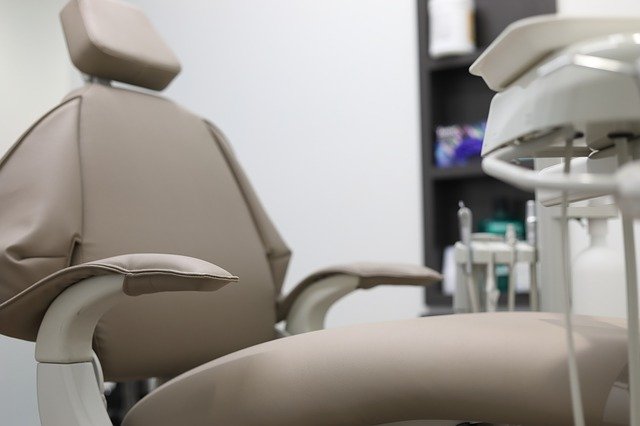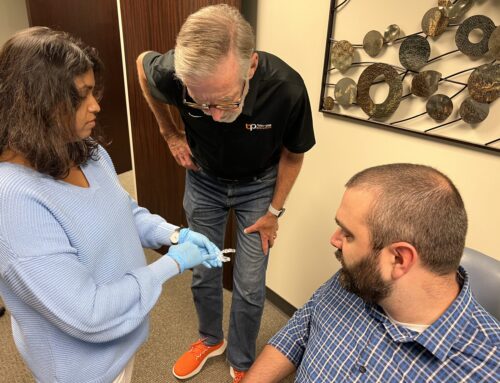Craniofacial pain, a term encompassing various discomforts originating from the head, neck, and facial regions, can significantly impact a person’s quality of life. While it is a prevalent issue, many individuals suffer in silence without seeking proper treatment. Dental professionals, with their unique expertise in the oral and maxillofacial areas, have a crucial role to play in diagnosing and treating craniofacial pain in their dental offices.
Let’s delve into the importance of dentists addressing craniofacial pain and the benefits it brings to both patients and dental practices.
The prevalence of craniofacial pain
Craniofacial pain is more common than people may realize, affecting millions of individuals worldwide. Common causes include temporomandibular joint disorders (TMD), bruxism (teeth grinding and clenching), dental infections, sinus problems, and dental trauma. Ignoring the symptoms of craniofacial pain can lead to chronic discomfort, sleep disturbances, and even mental health issues like anxiety and depression.
Dentists’ unique position
Dentists possess an in-depth understanding of the intricate structures within the head and neck region, making them well-equipped to identify and treat craniofacial pain. As part of their dental education, they receive extensive training on craniofacial anatomy and physiology, enabling them to differentiate between dental and non-dental causes of pain accurately.
Early detection and diagnosis
The dental office serves as the frontline for identifying craniofacial pain. By incorporating routine screening for craniofacial pain symptoms during dental check-ups, dentists can detect potential issues early on. Timely diagnosis allows for prompt intervention and prevents the progression of the condition, ensuring patients receive the care they need promptly.
Comprehensive treatment options
Dentists can provide a range of treatment options for craniofacial pain, depending on the underlying cause. For example, in cases of TMD, they may recommend occlusal splints or mouthguards to alleviate pressure on the temporomandibular joint. For bruxism, they can offer customized night guards to protect teeth from grinding. Dental infections and dental trauma can be treated effectively in dental offices as well, relieving pain and promoting overall oral health.
Holistic approach to patient care
The integration of craniofacial pain treatment in dental offices allows for a holistic approach to patient care. By addressing both dental and non-dental causes of craniofacial pain, dentists can contribute significantly to the overall well-being of their patients. Moreover, a patient-centered approach fosters trust and loyalty, benefiting dental practices in the long run.
Collaboration with specialists
In complex cases, dentists can collaborate with medical specialists such as neurologists, ENT (ear, nose, and throat) physicians, and pain management experts to ensure comprehensive care. This interdisciplinary approach provides patients with the best possible outcomes and reinforces the importance of dental professionals in managing craniofacial pain.
The significance of dentists treating craniofacial pain in their dental offices cannot be overstated. From early detection and accurate diagnosis to providing diverse treatment options and fostering a holistic patient experience, dental professionals play a pivotal role in addressing this pervasive issue.
By recognizing the value of their expertise beyond routine dental care, dentists can make a profound impact on the lives of their patients and the success of their dental practices.






